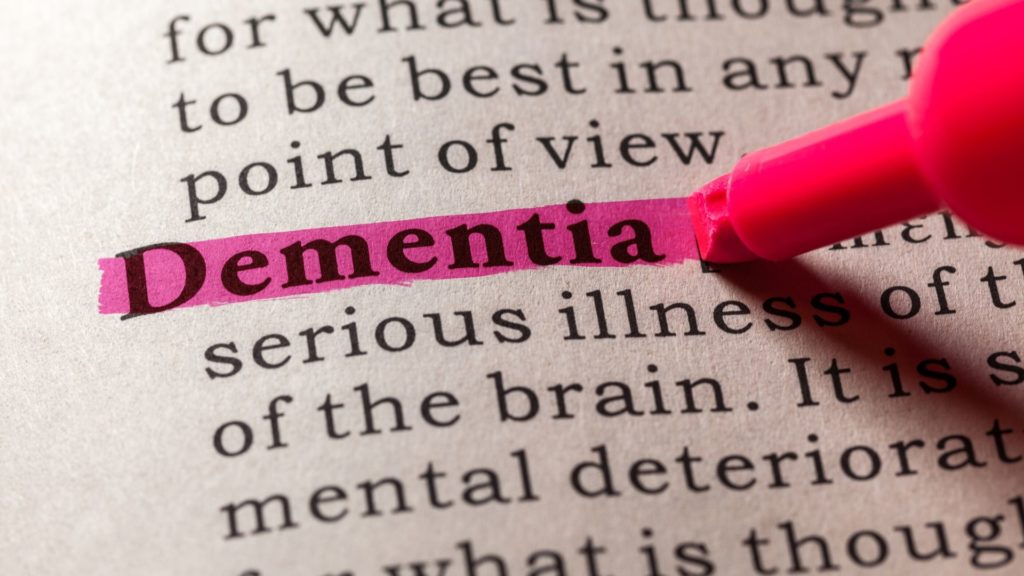Why is retirement bad for your health?
Research from the Institute of Economic Affairs suggests that retirement may initially benefit health – by reducing stress and creating time for other activities, but adverse effects increase as retirement goes on.
It found retirement increases the chances of suffering from clinical depression by around 40% and of having at least one diagnosed physical illness by 60%.

Loneliness is a huge aspect of retirement: When someone’s social life was tied up with their work, retirement does take it away. Those living alone because of bereavement or divorce are more at risk. As a result, mental health problems are common and according to Mental Health Foundation, one in five experiences depression.
Inactivity is a killer: Not having to get up and out of the house may we wonderful for a short period of time, but when it becomes a daily routine, it will invariably impact on one’s overall health. Being active is essential for good health.
Lifestyle choices catch up with you: Smoking, poor diet, and drinking alcohol all contribute to illnesses, including cardio-vascular problems, respiratory disorders, type 2 diabetes, dementia, and many cancers – three out of five cancers occur in people aged 65 and over.
An increased risk of dementia
A new study published in the IZA Institute of Labor Economics showed that early retirement can accelerate cognitive decline. The most significant impact was a delay in recall, which is a factor widely considered a predictor of dementia – which includes Alzheimer’s, a disease that already affects just under six million Americans and is projected to affect more than 14 million by 2050.
The researchers concluded, “social engagement and connectedness may simply be the single most powerful factor for cognitive performance in old age.”

When reality sets in…
Another recent studies by Harvard Business School professor Teresa Amabile’s team carried out over five years, have shown that those interviewed experienced a period of euphoria at the start of retirement and then reality sets in and they use metaphors like, “I’ve jumped off a cliff. I’ve leapt into the void.”
The early findings revealed that many retirees follow a typical pattern of psychological adjustments. They eagerly count down to the day they can take their final bow at the office, put their feet up, and coast through their golden years. Like a boiling kettle removed from the burner, most retirees initially feel a blissful release from intense pressure when 40 hours or more are no longer dedicated to a job each week. An empty calendar and a silent alarm clock in the morning can be a beautiful thing. Yet for many that giddy glow starts to wear off within weeks or months.
Many retirees described unexpected feelings of being at loose ends, and it typically took from six months to two years or more for them to sort through their thoughts and feelings. At this late stage of life, wasting precious time is not the best idea.
So, wouldn’t it be a great idea to focus your thinking and feelings to determine who you want to be, what work you love to do, and how best to connect and engage yourself socially?
****
Thank you for taking the time to read this article. If you’d like to learn more about my retirement coaching and consultant programs, visit my site at georgejerjian.com or contact me at [email protected].
Books by George Jerjian
Request Your 15-Minute Call With George To Discuss Options For Him To Speak To Your Organisation Or At Your Next Event.